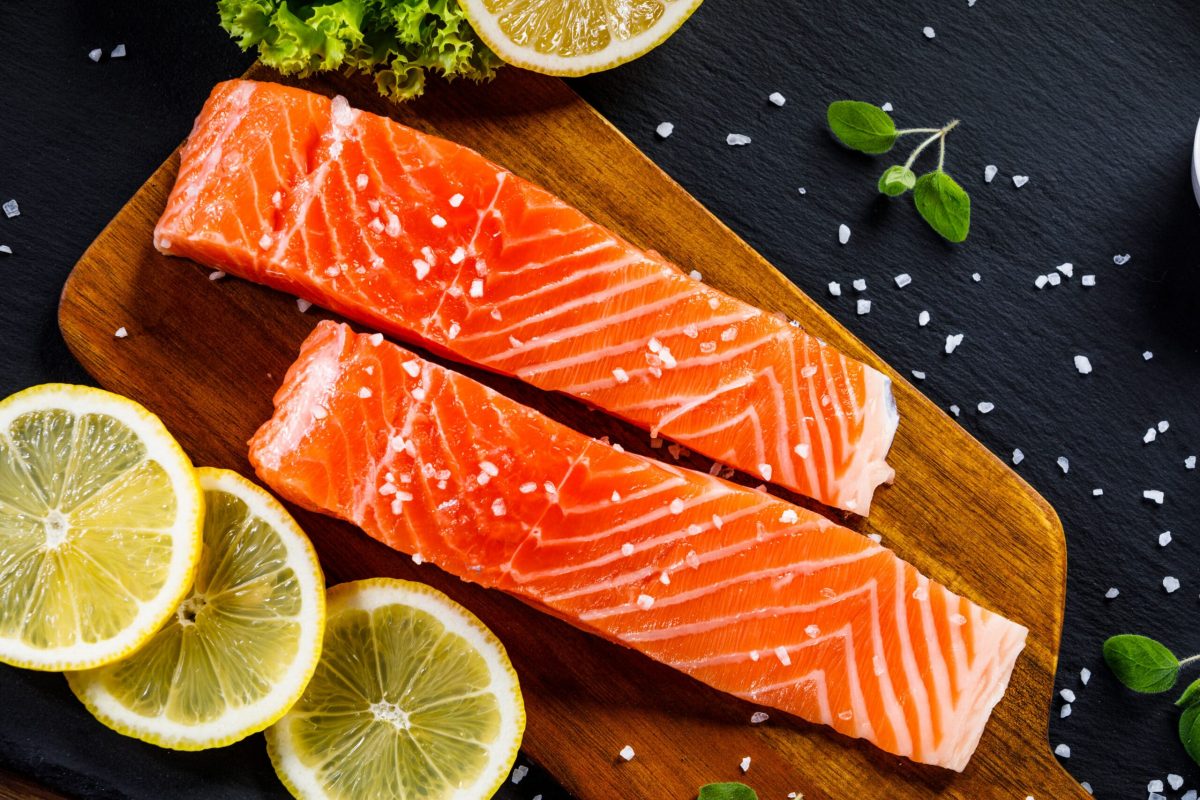Tipping the Scales: Considerations for the Seafood Lover
Few topics are nearly as personal as food. Wrapped up in our senses of culture, comfort, community, health and heritage, our food is an extension of ourselves, and (hopefully) is often a source of true delight.
However, we are living in a time when climate change is undeniable, tangible and posing a truly existential threat to all life on earth. Our decisions around what we put in our shopping baskets are more pertinent than ever. Our grocery lists are now subject to an entirely new set of questions around sustainability, agriculture and climate, not to mention morality, budget and taste.
The Need for Climate-Conscious Eating
Today, more than 25% of anthropogenic global greenhouse gas emissions, the harmful gases humans produce that are warming the planet, are attributed to food production. For context, that is more than all of the world’s cars, trains and planes combined. This is deeply concerning — the system we rely on to feed ourselves is directly threatening our planet’s health and inhabitability. Climate-conscious eating has arguably become as essential as the act of eating itself.
Our current industrialized food system is deeply broken: we have made livestock king, clearing land, polluting waterways and overproducing greenhouse gas emissions to support our consumption of meat and dairy products. We ship plants, grains, animals and packaged goods in every direction around the globe. We, in the West, at least, rely on refrigeration, frozen items and extensive (mostly petroleum-based plastic) packaging to meet our insatiable demand for the convenience of any item at any time, regardless of season, weather or crop variability. Our system is imbalanced, our incentives are out of whack and our climate is undergoing massive, tumultuous change as a result.
Small Changes Can Lead to a Big Difference
Seafood plays a key role in the food system that must be unpacked in order to make sustainable decisions and promote ocean health. Fishing, processing and internationally shipping seafood products relies on fossil fuels and their accompanying greenhouse gas emissions. Industry practices can also threaten the health and biodiversity of marine life, including species that were never meant to be used for food but are caught in the fray. Ocean ecosystems are both precious and sensitive and provide essential economic stability to dozens of global communities – it is our shared duty to protect them to ensure their long-term vitality.
The good news is that adopting more environmentally friendly diets really does make a difference. A 2018 Oxford University study revealed that opting for climate-conscious foods is the single biggest way to reduce individual environmental impact and turn back the clock on climate change. On the whole, that means selecting plant-based over animal products (such as meat, milk and dairy) as much as possible, as well as choosing foods that are produced locally because they require fewer fossil fuels and resources to make it to your plate.
So how do we eat in a way that sustains our own health and the health of our planet? For many looking to reduce their “foodprint,” red meat and poultry products are often the first to go; an excellent trend in light of the climate crisis. Questions around seafood, however, abound: Should we all be pescatarian? What even is a pescatarian? How do we know if our seafood was caught sustainably? What about farm-raised fish? Shrimp is fine…right? Do oysters count? Should we just ditch the fish altogether?
A Deeper Dive
The bottom line is that the relationship between oceans, seafood, fishing and climate change is complex, personal and constantly evolving. This series is an attempt to break it all down and hopefully offer helpful perspective for our palates and purchases.
Join us each Thursday as Charlie outlines important topics on why our seafood purchases matter in her series: “Tipping the Scales: Considerations for the Seafood Lover.“
